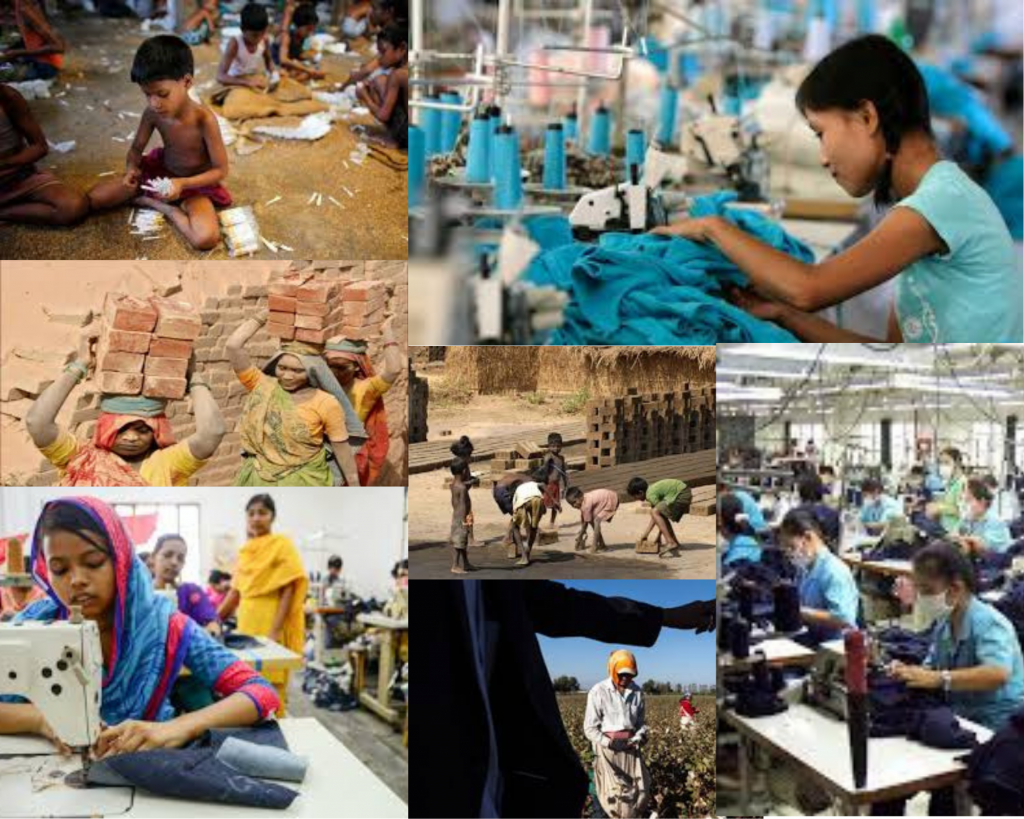Modern Slavery
Background – Shocking statistics.
In 2017 it was estimated that 40 Million people were victims of modern slavery. 25 Million in forced labour and 15 Million in forced marriage. Women account for 71% of modern slavery victims. 1 in 4 victims of modern slavery are children. The Asia Pacific region predominates with the number of victims of modern slavery with 6.1 persons per 1,000 population, with the majority working as forced labour. Estimates made in 2012 suggest that there was nearly $52 Billion per annum in profit from forced labour in the Asia Pacific.
Most organisations recognise that these figures were massively understated. It is no doubt that the people susceptible to forced labour are even at greater risk in our current COVID19 pandemic environment.
Australian business obligations
The Commonwealth Modern Slavery Act 2018 established Australia’s national Modern Slavery Reporting Requirement.
Australian entities and international entities operating in Australia, with a revenue over $100 Million in a reporting period are required to submit a Statement to Australian Border Force by 31 March 2021 describing the actions they have take to meet this requirement.
These statements must explain what the entity is doing to assess and address the risks that modern slavery practices may be occurring in its global and domestic operations and supply chains and the operations and supply chains of any entities it owns or controls.
Modern Slavery definition
Modern Slavery is where coercion, threats or deception are used to exploit victims and undermine or deprive them of their freedom. It does not include practices like substandard working conditions or underpayment of workers, which in themselves are serious and illegal.
Who needs to report ?
This Modern Slavery statement applies to not only the business itself, but also companies in its supply chain. So in essence any company with revenue of $100 Million would need to ensure that its suppliers are operating in a manner that is acceptable underneath the Act, no matter where they are domiciled.
Criteria
The seven mandatory criteria in the Act require every statement to:
- identify the reporting entity
- describe the reporting entity’s structure, operations and supply chains
- describe the risks of modern slavery practices in the operations and supply chains of the reporting entity and any entities it owns or controls
- describe the actions taken by the reporting entity and any entities it owns or controls to assess and address these risks, including due diligence and remediation processes
- describe how the reporting entity assesses the effectiveness of these actions
- describe the process of consultation with any entities the reporting entity owns
- describe the process of consultation with any entities the reporting entity owns or controls (a joint statement must also describe consultation with the entity giving the statement), and
- provide any other relevant information.
Training
To get this right companies need to train their employees, establish policies and procedures to address the risk of Modern Slavery and conduct a risk assessment and audit their suppliers to manage these risks. It is common in some industries for companies to require their suppliers to undertake an audit from a third party ethical supply chain auditor and this will become more the norm in most industries over the next few years.
External Audit
This audit has a heavy focus on labour conditions and includes;
- Freely chosen employment
- Freedom of Association
- Health and Safety
- Child Labour
- Wages and Benefits
- Working hours
- Discrimination
- Regular employment
- Sub-contracting and homeworking
- No harsh and in-humane treatment
- Entitlement to work
Non labour force factors including;
- Environmental impact
- Business ethics
- Community Benefits
What we have done
E.L Blue has worked with a number of our clients who were asked by their clients to have their business audited. We have also helped other clients fulfil the requirements of the Act and publish statements to ensure they meet the ethical standards under the Act.
For E.L Blue’s HRBP’s, not only have they been required to ensure the company’s human resource management remained compliant in Australia, but also that the company and management were honouring the intent of ethical trading standards in international operations.
Audit’s require substantial time to prepare the necessary evidence and also to the physical audit undertaken either by the 3rd party auditor or directly by the company involves the HRBP’s involvement for an extensive period.
E.L Blue’s professional HR management approach ensures that our clients meet their new obligations under the Commonwealth Modern Slavery Act 2018.

